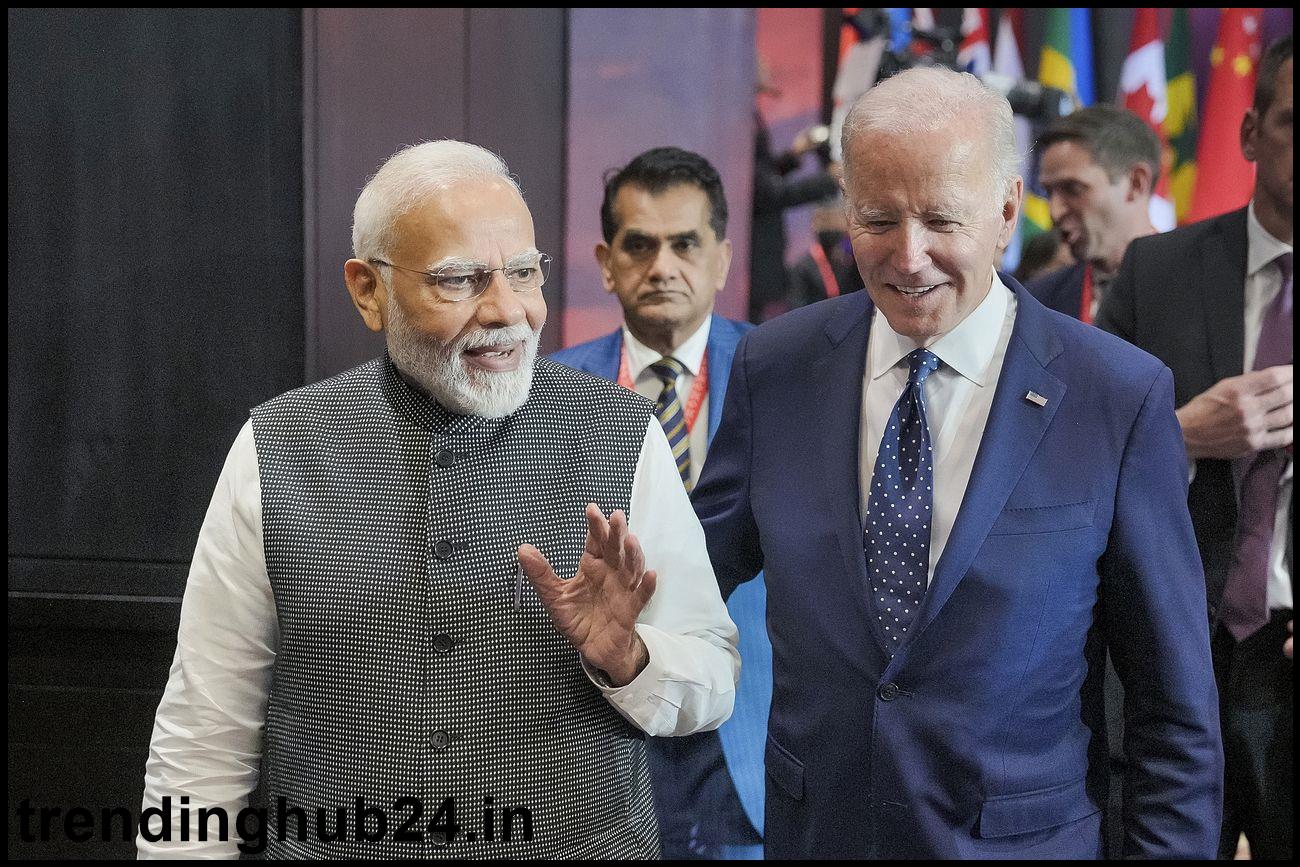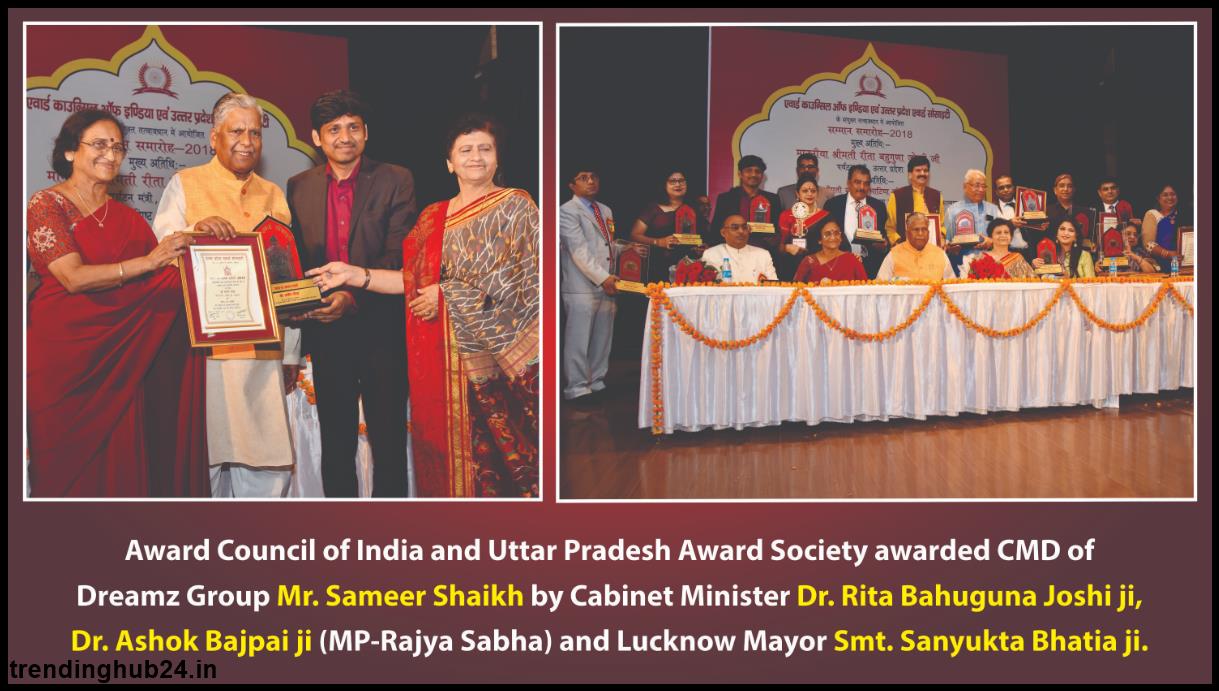🚀 Become a Verified Author on Trending Hub24
✍️ Author Account Available @ $60 / Month | +91 7355993756
Full Information of Union Council of Ministers

The Union Council of Ministers is the main executive organ of the Government of India. Serves as the senior decision-making body of the executive branch.
Table of Contents
Union Council of Ministers:-
The Union Council of Ministers is the principal executive organ of the Government of India and serves as the senior decision-making body of the executive branch. It is chaired by the Prime Minister and includes the heads of each executive government ministry. The council is currently chaired by Prime Minister Narendra Modi and has 29 members including the Prime Minister. The Council is under the Parliament of India.
The Union Cabinet, a small executive body, is the highest decision-making body in India; It is a subgroup of the Union Council of Ministers that handles important departments and ministries in the government.
Regulation:-
According to Article 75, the lower house of the Indian Parliament is collectively responsible to the Council of Ministers which is called the Lok Sabha (People's Assembly). When a bill proposed by a minister is not passed in the Lok Sabha, it is not the minister but the entire cabinet that is responsible. If the confidence of the Lok Sabha is lost, the Council of Ministers will resign to facilitate the formation of a new government.
According to Article 78(c), the Minister shall not take any decision without consulting the Council of Ministers. Article 352 requires all Union Cabinet members to submit a written request to the President to propose a proclamation of emergency.
According to the Constitution of India, the total number of ministers in the Council of Ministers should not exceed 15% of the total number of members of the Lok Sabha. The minister must be a member of Parliament. A minister who is not a member of the Parliament House for 6 consecutive months automatically becomes disqualified.
Index:-
There are five categories of ministers, listed below in descending order of office.
Prime Minister: The executive leader of the Government of India.
Deputy Prime Minister (if any): Presides over the Prime Minister or, in his absence, the most senior cabinet minister. [4] 2 of them.
Cabinet Minister: Member of the Union Cabinet; Leads a ministry.
Minister of State (Independent Charge): Junior ministers do not report to cabinet ministers.
Minister of State (MoS): A deputy minister reports to a cabinet minister, who is usually given a specific responsibility in that ministry.
Appointment:-
According to Article 75, ministers who serve at the pleasure of the President are appointed by the President on the advice of the Prime Minister. Since at least the beginning of the millennium, evidence has shown that an MP's electoral performance increases his or her chances of becoming a minister.
Removal of:-
On his resignation, on the resignation of the Prime Minister, or his death.
Removal of a minister by the President for unconstitutional acts as per Article 75(2).
For breach of justice to the judiciary.
On completing the eligibility to become a Member of Parliament.
Under the "collective responsibility" provision under Article 75, if a no-confidence motion is passed in the lower house of the Indian Parliament (Lok Sabha), the Prime Minister and the entire Council of Ministers resign.
Council of Ministers in State Governments -:
Each state in India is governed by its own Council of Ministers with the same rules and procedures as the Union Council of Ministers as per Articles 163, 164, and 167.
In March 2020, the Supreme Court of India for the first time exercised its power to deliver "complete justice" under Article 142 of the Indian Constitution to remove a minister serving in Manipur.
Shri Amit Shah -:
Amit Shah was born to Smt. Kusumben and Mr. Anil Chandra Shah on October 22, 1964, in a wealthy Gujarati family. Leading the party for the past five years, he has been remarkably successful in expanding the organizational footprint of the BJP, winning back-to-back electoral victories in the Rajya Sabha elections and creating political parties during his tenure, the largest worldwide with over 100 million registered members.
Amit Shah has risen from the grassroots and led the ruling party in India. He first joined Rashtriya Swayamsevak Sangh, later became an active member of Akhil Bharatiya Vidyarthi Parishad (ABVP), Ahmedabad Nagar unit Secretary, and later held the post of Gujarat Vice President as well as BJP Secretary. In 1997, he became the National Treasurer of the Bharatiya Janata Yuva Morcha. Dedication, efficiency, and above all result-oriented performance earned him the L.K. Not surprisingly, when Shri Narendra Modi decided to contest his first Assembly election from Rajkot-2 constituency in 2001, Amit Shah was the campaign chief.
Beyond campaigning, Amit Shah is also known for his skillful handling of organizational matters. In 2013, he was appointed the national general secretary of the BJP and in-charge of Uttar Pradesh. His hard work led to a historic victory for the BJP in the assembly elections of 2014. He took over as the BJP national president in July 2014 and has never looked back since. In the last five years, under the dual leadership of Prime Minister Narendra Modi and party president Amit Shah, the BJP has successfully formed governments in Haryana, Gujarat, Arunachal Pradesh, Uttar Pradesh, Uttarakhand, Tripura and Himachal Pradesh. The BJP has returned to power with its coalition partners in states like Jharkhand, Maharashtra, Assam, Goa, and Manipur. Until recently, the BJP has been the junior partner in the ruling coalition in Jammu and Kashmir, and currently in Bihar, Nagaland, and Meghalaya.
At this time In the field of sports -:
A five-time MLA of the Gujarat Assembly (1997-2017), he was elected from the Sarkhej Assembly constituency for four elections and from the Naranpura Assembly constituency in 1997. In the 2002 Assembly elections, Amit Shah was elected with a record margin of 1 to. He made history in the Gujarat Assembly elections with 58,036 votes. Then in 2007, he defeated the Congress candidate for the fourth time by a huge margin of 2,32,823 votes.
Amit Shah was elected to the Rajya Sabha, the upper house of Parliament, from Gujarat on August
In the 2019 general elections, Amit Shah won the 06-Gandhnagar Lok Sabha constituency in Gujarat by a huge margin of 5,57,014 (70% vote share).
Chairman, Public Enterprises Committee, Gujarat State Assembly.
He served twice as Minister of State for Home, Police Housing, Border Security, Civil Defence, Home Guard, Gram Raksha Dal, Prisons, Prohibition, Excise, and Transport in the Ministry of Prime Minister Shri Narendra Modi.
Serving as Ahmedabad District President. The S.O.P.P. Bank, (January 22, 2000 to December 22, 2002) is the main bank of the 367 District Cooperative Bank. Banks of India. The loss-making bank turned a profit while paying shareholders some dividends from their investments. He was also instrumental in formulating a Rs 400 crore revival package for the then-defunct Madhavpura Mercantile Co-operative Bank. The proceeds were distributed to small depositors
Director- Gujarat State Urban Co-operative Society. Federation Bank Limited
Director- National Federation of Urban Co-operative Societies. Bank and Credit Society, Delhi (NAFCUB).
Director-Ahmedabad Central Consumer Company. Federation Limited
Director of Gujarat State Co-operative. Marketing Federation Limited
Director- The Gujarat State Co-op Bank Limited.
Operator- Ahmedabad District. The company’s O.P. Bank Limited
President of Gujarat Cricket Association
President- Gujarat State Chess Association (April 23, 2006 to April 18, 2010)
Member, Finance Committee, Board of Control for Cricket in India (BCCI) (since 24 September 2009)
Vice President, Gujarat Cricket Association (15 September 2009 to 13 June 2014)
Executive Member - Central Cricket Board, Ahmedabad
Member: Executive and Working Committee of the Board of Control for Cricket in India (BCCI).
Amit Shah has been the trustee of the Somnath Trust in Gujarat since February

The Union Council of Ministers is the principal executive organ of the Government of India and serves as the senior decision-making body of the executive branch.

